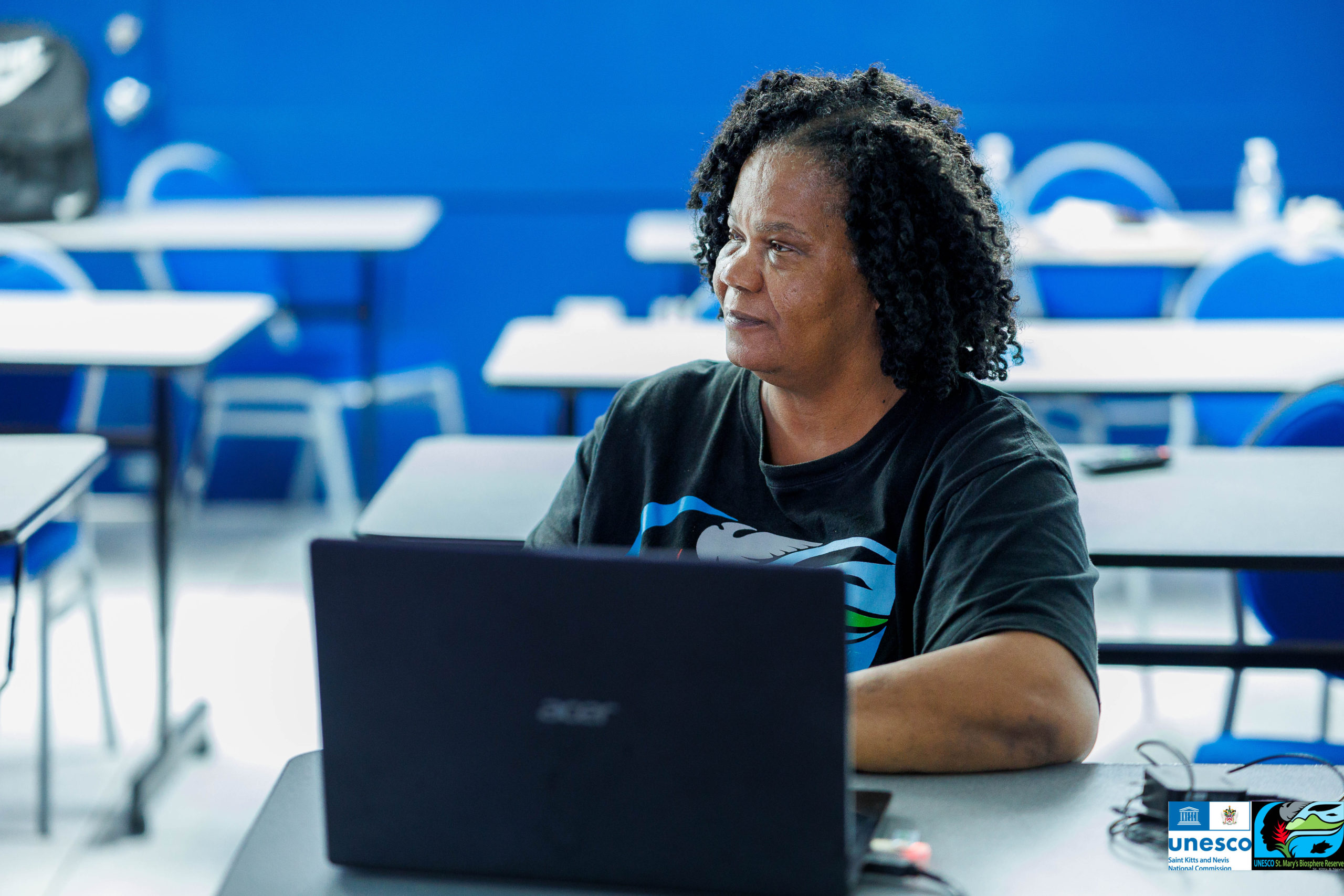St. Mary’s Biosphere Reserve: A UNESCO Success Story in St. Kitts and Nevis
St. Kitts and Nevis, a small island developing state (SIDS), is actively engaging with UNESCO to address biodiversity challenges and promote sustainable practices within its St. Mary’s Biosphere Reserve (SMBR). The Federation’s commitment to biodiversity conservation and its collaborative efforts with UNESCO were highlighted through participation in two key webinars. The first webinar focused on translating global biodiversity targets into localized action plans, using the SMBR as a case study. The second webinar addressed the unique challenges SIDS face in sustainable waste reduction, particularly the issue of single-use plastics. These presentations showcased the Federation’s proactive approach to environmental conservation and its dedication to implementing practical solutions within the SMBR.
The SMBR serves as a crucial testing ground for innovative conservation strategies that can be replicated throughout the twin-island nation. The webinars provided a platform for St. Kitts and Nevis to share its experiences, challenges, and best practices with other SIDS and international stakeholders. Mrs. Telca Wallace, National Coordinator for the SMBR, emphasized the importance of addressing knowledge gaps regarding the impact of plastic waste on the environment and the potential threats to the tourism sector. The presentations underscored the need for collaborative and context-specific approaches to achieve global biodiversity goals and the significance of UNESCO-designated sites in implementing these strategies.
The government of St. Kitts and Nevis, in partnership with UNESCO, is preparing to implement a framework for eliminating single-use plastics within the SMBR. This initiative aligns with the nation’s broader goal of banning the importation, sale, and distribution of single-use plastics, slated to commence at the end of 2024. The SMBR will serve as a pilot project, providing valuable insights and data for the nationwide implementation of the ban. UNESCO experts will provide technical assistance and guidance based on a successful model implemented in Sao Tome et Principe. This collaborative effort demonstrates the commitment of St. Kitts and Nevis to addressing a critical environmental issue and fostering a sustainable future.
The project reflects the government’s recognition of the interconnectedness of environmental challenges. Minister of Environment, Climate Action and Constituency Empowerment, Hon Dr. Joyelle Clarke, highlighted the ban as a crucial step towards protecting the natural environment and achieving sustainability. The collaboration with UNESCO underscores the value of international partnerships in tackling complex environmental issues and leveraging global expertise to develop effective local solutions. The SMBR’s role as a pilot site will contribute valuable data and experience to inform the national rollout of the single-use plastics ban.
UNESCO’s involvement extends beyond technical assistance and includes capacity-building initiatives for local stakeholders. These initiatives aim to empower local authorities and communities to effectively implement and enforce the single-use plastics ban. The SMBR will serve as a learning center, demonstrating best practices and fostering a culture of responsible waste management. The project emphasizes the interconnectedness of environmental protection, cultural identity, and socio-economic development, which are central to UNESCO’s vision for biosphere reserves.
This collaborative effort between St. Kitts and Nevis and UNESCO highlights the growing importance of integrating biodiversity conservation with other critical policy areas, such as climate change, water security, food security, and health. The SMBR serves as a living laboratory, demonstrating the potential for small island states to address complex environmental challenges through innovative partnerships and localized solutions. The initiative underscores the role of biosphere reserves as catalysts for sustainable development and the importance of engaging local communities in conservation efforts. Ambassador David Doyle emphasizes the interconnectedness of these challenges and the need for comprehensive strategies that address multiple facets of sustainability. The project promises to generate opportunities for local businesses, farmers, and government agencies, fostering economic growth while protecting the environment.
Share this content:












Post Comment